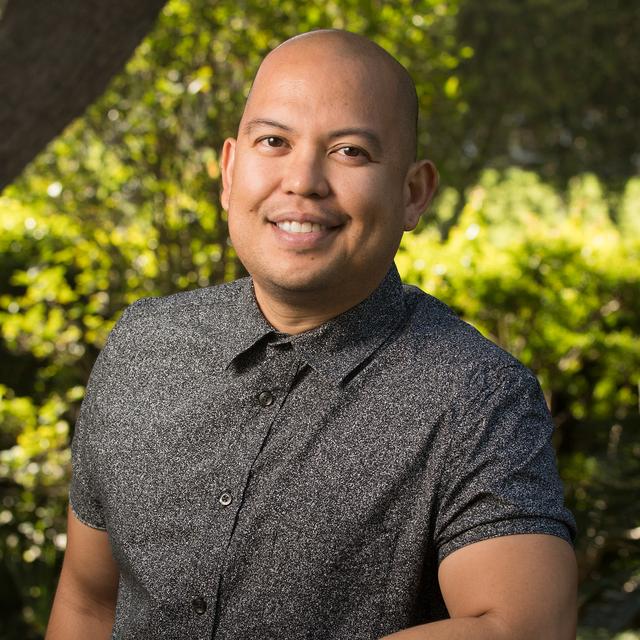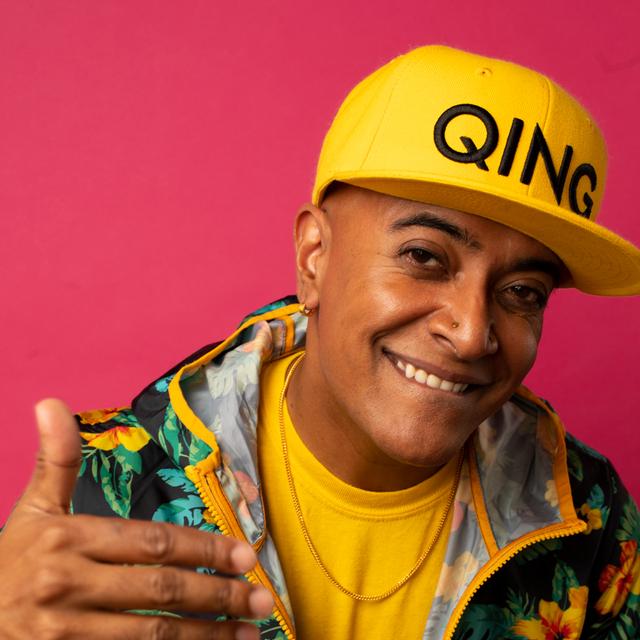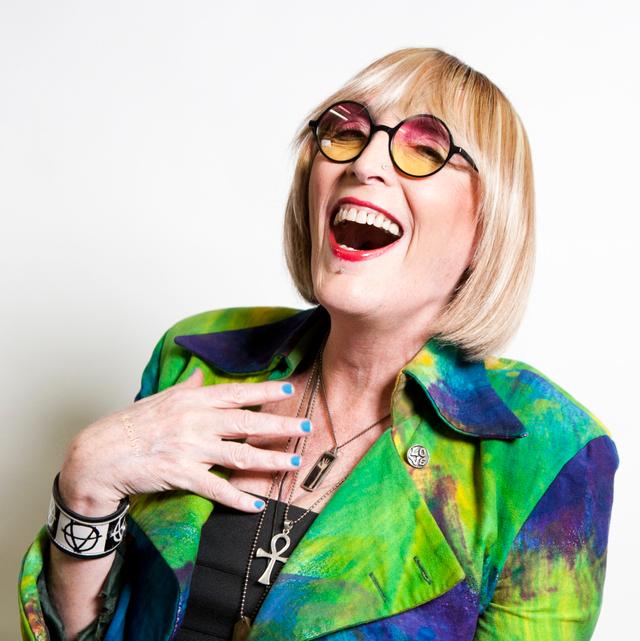What happens when you bring race, queerness, academia, and chaos together? Unapologetic, authentic, and liberatory praxis.
Intersectional Interventions is an educational and consulting collective that focuses on increasing literacy of queer and trans people of color (QTPOC) issues and realities within higher education. Since 2016, they have facilitated and spoken at dozens of campuses, addressing the need for intersectional LGBTQ+ inclusion, power, and change within organizations, increased capacity of white supremacy and racism within LGBTQ+ organizations, centering discussions of imperialism and neocolonialism, and intra-community conversations within communities of color.
Intersectional Interventions provide an opportunity to lean in, to learn more about systems of power and hegemony, understand one’s own abilities, and think about creating change. Together, our collective commitment resonates in diverse advocacy realms, driving transformative change, fostering inclusive environments, and championing justice within higher education, academia, and other organizations. Interactive discussions, workshops, and other sessions can be led by one, several, or all of our facilitators depending on your organization’s needs.
MEET THE COLLECTIVE:
Vanessa Aviva González-Siegel Vanessa Aviva González-Siegel (she/her/ella) is a nationally celebrated advocate, educator, and thought leader reshaping the landscape of LGBTQ+ inclusion, intersectional social justice, and leadership. A proud queer and trans Latina born to a Cuban-American family in New York City, Vanessa brings unparalleled expertise, passion, and vision to every space she enters, inspiring countless individuals and organizations to embrace equity and empowerment.
As the Director of the LGBTQ+ Center at UCLA, Vanessa serves as the chief university expert and advisor on gender and sexuality issues to university leadership, a liaison for LGBTQ+ affairs across Southern California, and a strategist within the University of California system. Her groundbreaking leadership redefines what it means to create truly inclusive and intersectional institutional spaces.
Vanessa's influence extends far beyond higher education. Her pioneering research explores the motivations and challenges of diversity workers, centering on trans and queer experiences in organizational leadership and development. She is the founder of The Aviva Group, which provides transformative LGBTQ+ fluency and social justice education to organizations across sectors. She serves on the Board of Directors for the New York Transgender Advocacy Group, championing legislative protections for transgender, nonbinary, and gender-expansive individuals. She also serves on the Directorate of the ACPA Coalition for Sexualities and Gender Identities as the Practitioner-in-Residence, Co-Chair of the QTBIPOC Caucus, and a member of the Transnational Subcommittee for NCORE.
Vanessa's career includes pivotal roles such as Associate Director of Multicultural Affairs at Columbia University and Assistant Director for Diversity and Campus Engagement at Sarah Lawrence College, where she forged paths for LGBTQ+ inclusion and equity. She has led transformative programs, authored influential works, and mentored countless leaders in their own journeys.
Vanessa holds a B.A in Women's, Gender, and Sexuality Studies and Social Justice Education from Rutgers University - New Brunswick and an M.A. in Higher & Postsecondary Education from Teachers College, Columbia University. She is currently a doctoral student at The City University of New York in Organizational Leadership, Development, and Change.
Mycall Akeem Riley Mycall (any pronouns) is the Director of the Gender and Sexuality Center for Queer and Trans Life at the University of Minnesota, Twin Cities. Mycall is also a founding member of the Blaq Agenda Collective: A Social Experiment Indexing Black Queer experiences. Mycall is a graduate of Syracuse University's Cultural Foundation of Education Masters Program where they focused on re-imagining educational spaces to be more inclusive, particularly for Black, Brown and Indigenous queer students. Outside of the ivory tower, Mycall loves book clubs, using style as a personal tool of liberation, and burgers.
Nathan Nguyễn Nathan (he/him/his) is a second-generation Vietnamese American who is a current Ph.D. student in educational leadership and Director of LBGT Student Services at Western Michigan University. Nathan has served on the National Advisory Committee for the National Conference on Race and Ethnicity in Higher Education (NCORE), the NCORE Asian Pacific Islander Committee (co-chair), and the Consortium of Higher Education LGBT Resource Professionals (people of color committee co-chair). His career goals include working in higher education in an upper administration role.
Romeo Jackson Hailing from the southside of Chicago and the grandchild of Gracie Lee Fowler and Barbara Ann Woods Fowler, Romeo (They/Them/The Femme) is a Queer, Non-Binary Femme, and a Black descendant of the estimated 11 million Africans who were kidnapped and sold into enslavement. Their research, writing, and practice explores race/ism, anti-Blackness, and settler colonialism within higher education. Romeo also organizes with BYP100 Chicago, and are a doula-in-training and in massage therapy school as part of their commitment to healing and transformative justice.



